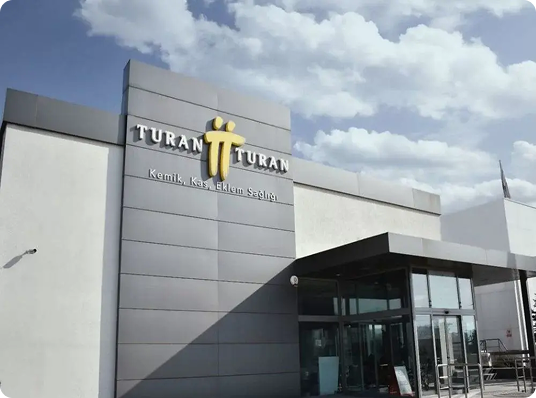Bone Cancer
Bone Cancer care requires a multidisciplinary approach where oncologists, radiologists, and surgeons collaborate to provide individualized therapies. Options include surgical removal, radiation, chemotherapy, and newer biological treatments that focus on specific genetic markers.
Get Expert Consultation
Speak with our medical travel experts to get personalized guidance for your procedure
✓ No commitment required • ✓ Expert guidance • ✓ Free consultation

Book Your Free Medical Consultation
Get expert advice—free and easy. Just fill out the form to start your health journey!
Key-Insights for
Bone Cancer
Procedure Time
The treatment process typically takes several weeks to months, depending on the individual's response and disease progression.
Recovery Period
Most patients can resume normal activities within a few days to several weeks after treatment, with full recovery usually taking several months.
Expected Results
Effective treatment often leads to tumor shrinkage or elimination, pain relief, and restored mobility and quality of life.
Ideal Candidates
Patients diagnosed with primary or metastatic bone cancer, particularly those with localized or slow-growing tumors.
Bone Cancer
Bone Cancer care requires a multidisciplinary approach where oncologists, radiologists, and surgeons collaborate to provide individualized therapies. Options include surgical removal, radiation, chemotherapy, and newer biological treatments that focus on specific genetic markers.

People seek these procedures for various reasons:
Aesthetic Enhancement
Pain management: Bone cancer can cause significant discomfort; seeking treatment helps relieve symptoms and improve quality of life.
Corrective Purposes
Increased mobility: Effective treatment enables patients to regain lost movement and flexibility, enhancing overall function.
Functional Restoration
Improved survival rates: With advances in medical technology and treatments, the prognosis for bone cancer has improved significantly.
Things to Check Before Treatment
- •Inform your doctor about any medical conditions you have, including bleeding disorders or a history of heart problems.
- •Tell your doctor about any medications you're taking, including blood thinners and herbal supplements.
- •Make sure you understand the surgical plan and what to expect during and after the procedure.
- •Discuss your anesthesia options with your doctor, especially if you have concerns or allergies.
- •Confirm that your insurance covers the procedure, if applicable.
Potential Risks
- •Infection
- •Blood loss or bleeding complications
- •Reaction to anesthesia
- •Damage to surrounding tissues or organs
- •Post-operative pain and discomfort
How to Choose the Right Country, Clinic, and Surgeon
Do's
Verify surgeon credentials (e.g. ISAPS, JPRAS)
Ask for before-after photos
Check language barriers
Review aftercare and follow-up options
Consider local laws on medical malpractice
Don'ts
Don't Choose a Clinic Based Only on Price
Don't Rely Solely on Social Media or Influencers
Don't Ignore Language Barriers
Don't Rush Into Surgery Without Research
Don't Assume You Can Fly Back Immediately
CureMeAbroad Services Are Absolutely Free.
You pay same rates for treatments as in the hospital's original price list.
CureMeAbroad Services Are Absolutely Free.
You pay same rates for treatments as in the hospital's original price list.


Book Your Free Medical Consultation
Get expert advice—free and easy. Just fill out the form to start your health journey!
Bone Cancer
Frequently Asked Questions
This procedure involves specific medical techniques tailored to address particular health conditions. Your doctor will explain the detailed process based on your case.

Help Me Plan My Treatment Abroad
End to End Treatment Planning Specifically curated as per your need. Just a Call away


Help Me Plan My Treatment Abroad
End to End Treatment Planning Specifically curated as per your need. Just a Call away


Book Your Free Medical Consultation
Get expert advice—free and easy. Just fill out the form to start your health journey!



